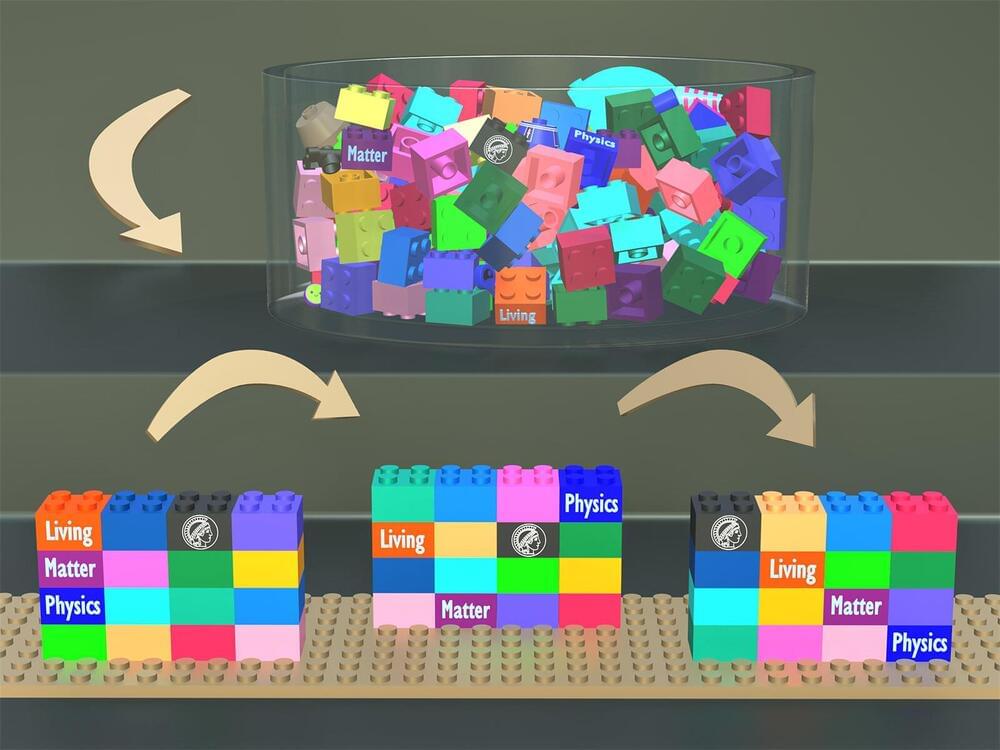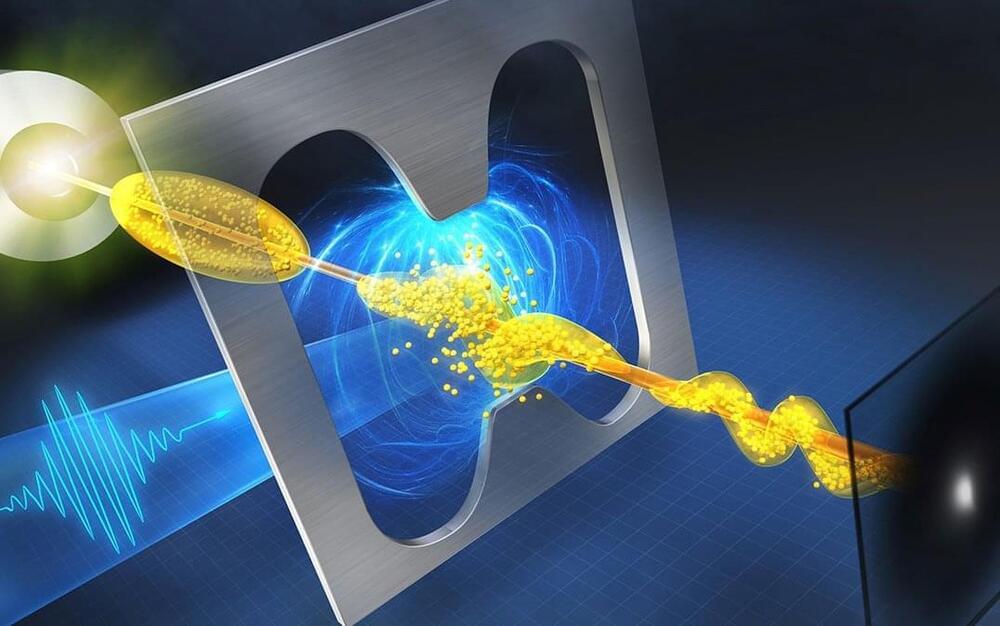This video explores the timelapse of artificial intelligence from 2030 to 10,000A.D.+. Watch this next video about Super Intelligent AI and why it will be unstoppable: https://youtu.be/xPvo9YYHTjE
► Support This Channel: https://www.patreon.com/futurebusinesstech.
► Udacity: Up To 75% Off All Courses (Biggest Discount Ever): https://bit.ly/3j9pIRZ
► Brilliant: Learn Science And Math Interactively (20% Off): https://bit.ly/3HAznLL
► Jasper AI: Write 5x Faster With Artificial Intelligence: https://bit.ly/3MIPSYp.
SOURCES:
• https://www.futuretimeline.net.
• The Singularity Is Near: When Humans Transcend Biology (Ray Kurzweil): https://amzn.to/3ftOhXI
• The Future of Humanity (Michio Kaku): https://amzn.to/3Gz8ffA
• Physics of the Future (Michio Kaku): https://amzn.to/33NP7f7
• Physics of the Impossible (Michio Kaku): https://amzn.to/3wSBR4D
• AI 2041: 10 Visions of Our Future (Kai-Fu Lee & Chen Qiufan): https://amzn.to/3bxWat6
Official Discord Server: https://discord.gg/R8cYEWpCzK
💡 Future Business Tech explores the future of technology and the world.
Examples of topics I cover include:
• Artificial Intelligence.
• Genetic Engineering.
• Virtual and Augmented Reality.
• Space Exploration.
• Science Fiction.
SUBSCRIBE: https://bit.ly/3geLDGO






